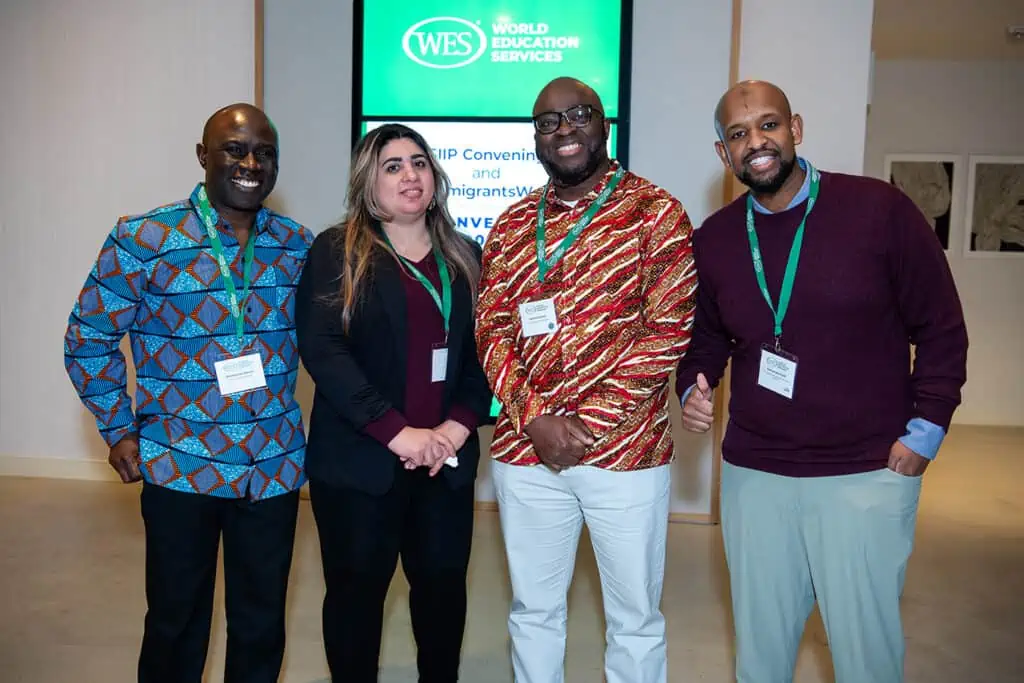The United States has long attracted some of the world’s best and brightest, drawn by the strong U.S. economy, renowned universities, and reputation for entrepreneurship and innovation.
But because of language, foreign credential recognition, and other barriers, many of these highly skilled, college-educated immigrants cannot fully contribute their academic and professional training and skills once in the United States. As a result they work in low-skilled jobs or cannot find a job — a phenomenon known as “brain waste.”
In the recently released report, Untapped Talent: The Economic Costs of Brain Waste, World Education Services (WES), New American Economy (NAE), and Migration Policy Institute (MPI) present key findings on the first-ever U.S. estimates of the economic costs of immigrant skill underutilization on the U.S. economy. Among the findings emphasized in this report is the fact that nearly 2 million highly skilled immigrants in the U.S. are working in low-skilled jobs. Furthermore, immigrant underemployment represents a lost opportunity for the U.S. economy, resulting in billions of dollars in forgone earnings and tax payments.
Other highlights of this 24-page report include:
- Discussion of the nearly 2 million individuals affected by brain waste, as well as the tens of billions of dollars in negative economic impacts attributable to brain waste
- Policy and programmatic recommendations to alleviate barriers for college-educated immigrants
- Initiatives undertaken by non-profits and some states, including Michigan and Ohio
- Success stories spotlighting immigrants who have overcome employment barriers
State and local leaders, program administrators, and advocates working with skilled immigrants are encouraged to review, discuss, and share this report with your professional networks and policymakers in your communities.
Click here for more from WES Global Talent Bridge.





